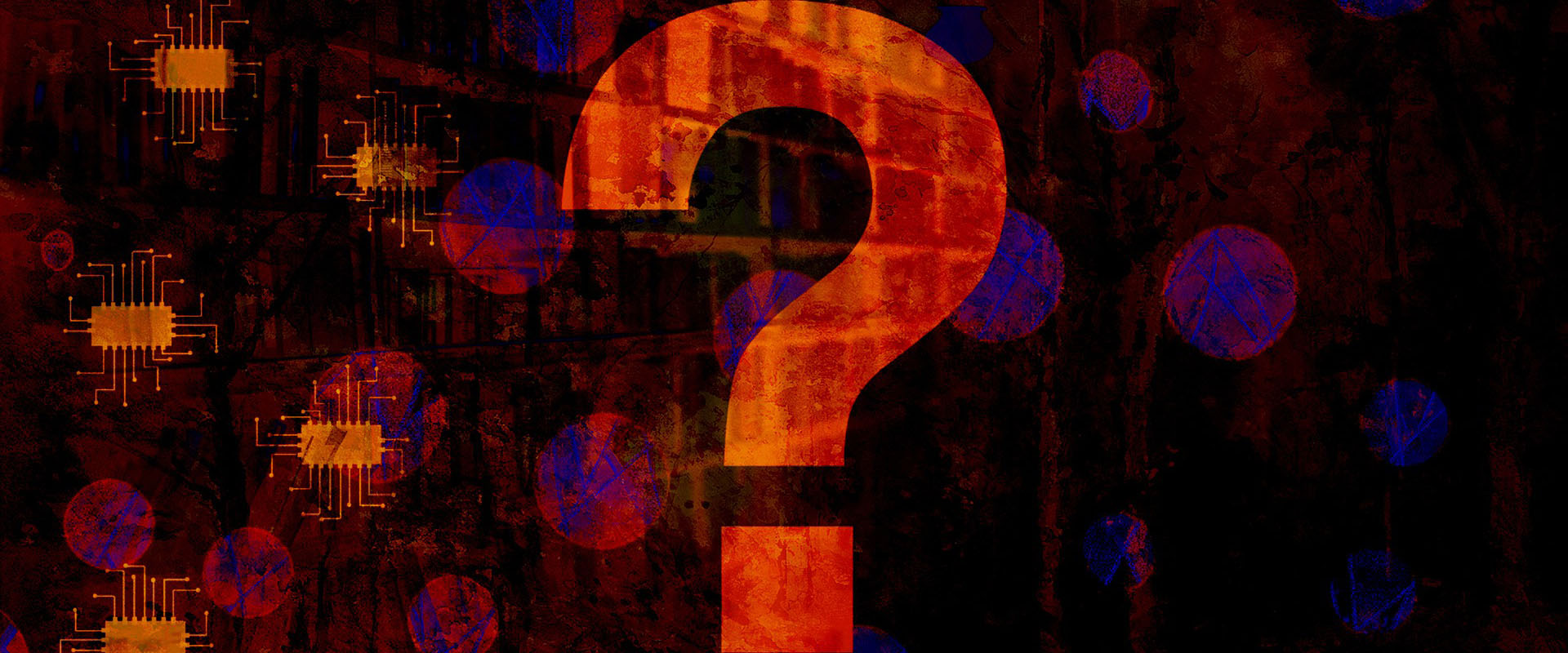Rapid advancements in artificial intelligence (AI) are ushering in new ways of working and doing business. Many individuals and businesses are being forced to adapt on the fly or get left behind, especially when it comes to creating and protecting intellectual property assets, asserting IP rights, and defending against infringement claims.
The past few years have seen many in the intellectual property space grappling with complex legal issues surrounding AI and its impact on IP. With the first quarter of 2024 already behind us, Ludwig APC expects more of the same.
Let’s identify what we expect to remain some of the big picture, key challenges and opportunities around AI and IP in 2024 and beyond.
First, What’s the Connection Between AI and IP?
It’s fundamentally important to understand that AI encompasses a wide range of technologies from machine learning algorithms to neural networks. In some ways, all AI systems are designed to perform tasks that traditionally required human intelligence, guidance, and/or input.
As a result, AI intersects with a number of fundamental areas often associated with the creation of IP. This includes patents, copyrights, trademarks, and trade secrets.
When it comes to IP, each of these areas is subject to longstanding legal precedent and best practices. However, with the advent of AI and its widespread use by individuals and businesses, that’s changing.
Patents and AI
As computer-related technology progressed in the mid- to late-20th century, the patenting process evolved as well to play a crucial role in protecting new software and high-tech hardware innovations. At the time, such advances were all created by humans, of course.
With AI, humans aren’t involved as much and, in some cases, not at all. For example, so-called Novel AI is designed to gestate new ideas through creativity, flexibility, and the ability to adapt and grow without human intervention. It’s therefore forcing legal experts to revisit the definition of “inventorship.”
Without human involvement, can AI systems be named as inventors on patents? It’s a growing debate that IP attorneys, the courts, regulators, inventors, and businesses the world over must address.
Copyright Challenges and AI-Generated Content
Similarly, the ability of AI to generate creative content raises questions about copyright ownership.
You may (or may not) be surprised to learn that at least 10% of all Internet content—much of the verbiage and images we view every day—is currently produced by artificial intelligence. If that’s not eye-popping enough for you, some experts expect around 90% of Internet content to be AI-generated not 10 or 20 years from now, but by as soon as 2026!
That said, challenges related to establishing authorship in the presence of AI systems, regardless of the extent of their contribution to the creative process, are certain to grow. Also, addressing the potential for infringement becomes crucial when AI-generated content bears resemblance to pre-existing copyrighted material crafted by human creators or other AI systems. What then?
Trademarks and AI
The use of AI in branding and marketing introduces challenges to existing trademark law as well. Much like questions around copyright, who is the author or creator when brand names, logos, and other advertising content is AI-generated?
If you use AI to create your brand marks, how “safe” is that work against infringement by others? Do you even own it? Who is at fault if a “new” trademark created by AI lacks distinction from existing materials, bordering on infringement?
The answers to these questions and many others remain to be determined.
Protecting Trade Secrets
As AI capabilities advance, the risk of reverse engineering or extracting proprietary information from competitors becomes more pronounced. Further, the interconnected nature of modern AI systems, which is integral to their learning and growth, raises the potential for sensitive information being leaked between them, whether intentional or not.
Thus, adopting resilient protection strategies—right for the times and adjusted to deal with AI systems—is likely to be the favored approach for maintaining trade secrets.
Data Privacy and Security
Another area on our radar at Ludwig APC is data privacy and security. All AI systems process vast amounts of data. How that data is shared between AI systems, how it’s utilized and who gets to see it; and how securely it’s stored raises significant concerns.
As compliance best practices and regulations evolve worldwide, businesses must be able to navigate various legal and ethical frameworks. Clearly, this is an area IP experts, regulators, courts, businesses, individuals, and cybersecurity specialists will be monitoring closely.
How Ludwig APC Can Help
The AI revolution presents the world with intriguing prospects for innovation as well as legal and ethical challenges. Navigating these challenges requires a deep understanding of technology, business, intellectual property, and overarching legal and regulatory frameworks.
Ludwig APC is dedicated to educating, informing, and advising clients on how to safeguard and assert their IP rights and interests. If you have questions about how AI might impact you and the IP assets you’ve worked so hard to create, contact us today to arrange a free consultation.
(619) 929-0873 | [email protected].



